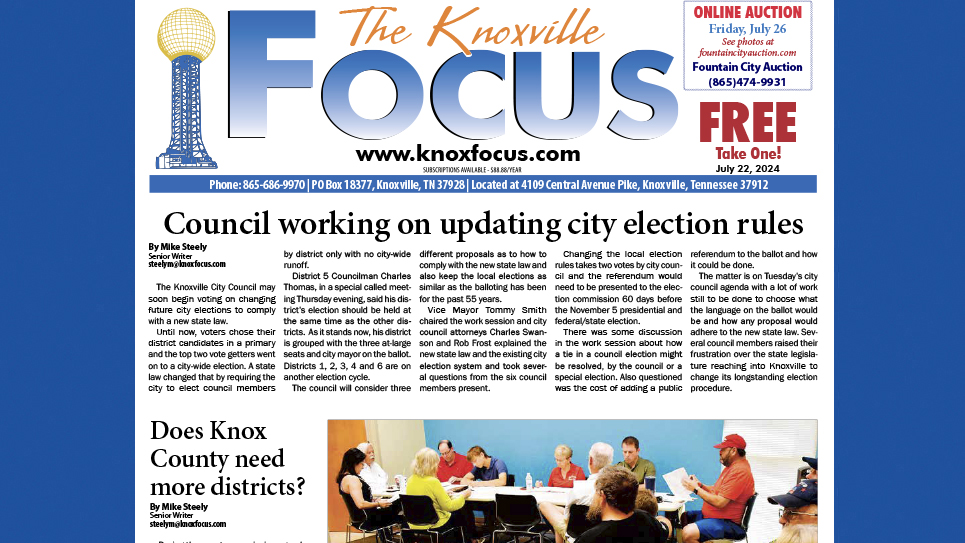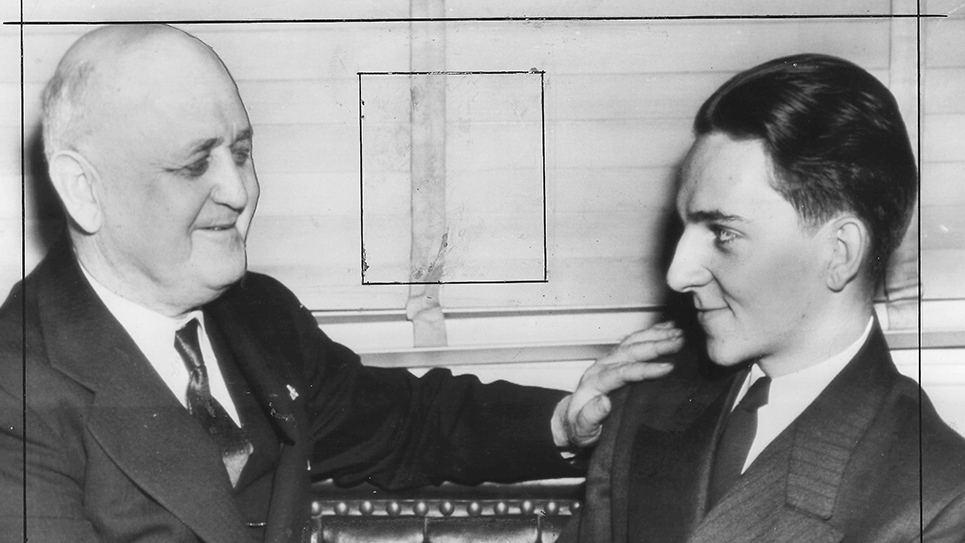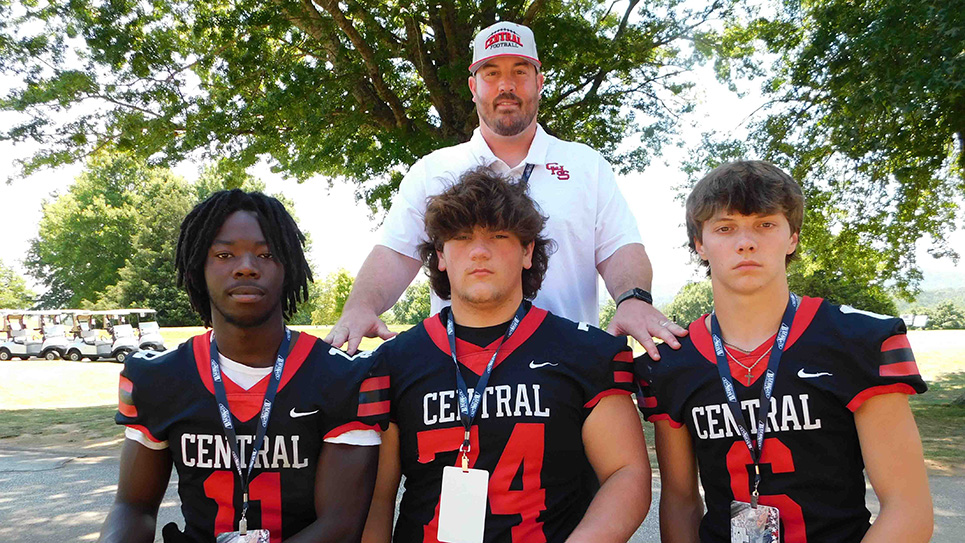By Nadia Ramlagan
Tennessee News Service
More heart-attack deaths occur between Christmas Day and New Year’s Day than any other time of the year, but medical experts say there are ways to stay healthy and reduce the odds of a medical emergency during the holidays and into the new year.
Dr. Daniel Munoz, executive medical director of the Vanderbilt Heart and Vascular Institute and board president of the Greater Nashville American Heart Association, said people with chronically high blood pressure tend to increase their intake of salty foods during the holidays.
“That can in some people unfortunately result in an event or a crisis like a heart attack,” Munoz explained.
Experts also noted people are more likely to skip their medications during the holidays, or not get their prescriptions refilled, which can contribute to experiencing a heart attack.
Munoz urged residents to make healthy food choices, reduce stress and stay active while spending time with friends and family, and he added while we all deserve a treat, consuming alcohol, sweets and high-sodium foods should be the exception to otherwise healthy lifestyle behaviors.
“Making sure that we get our steps in and that we are active more days than not, preferably every day,” Munoz advised. “And also just really applying a healthy approach to food choices.”
The bustle and stress of the holiday season may also lead some individuals to ignore early warning signs. Munoz explained heart-attack symptoms can vary in women and men.
“We have learned the hard way in many instances that men and women do not present exactly the same when it comes to heart attack symptoms,” Munoz acknowledged.
He pointed out like men, women’s most common heart attack symptom is chest pain or discomfort, but he stressed women are more likely to experience some other common symptoms, such as shortness of breath, back, jaw or abdominal pain, and nausea or vomiting.






